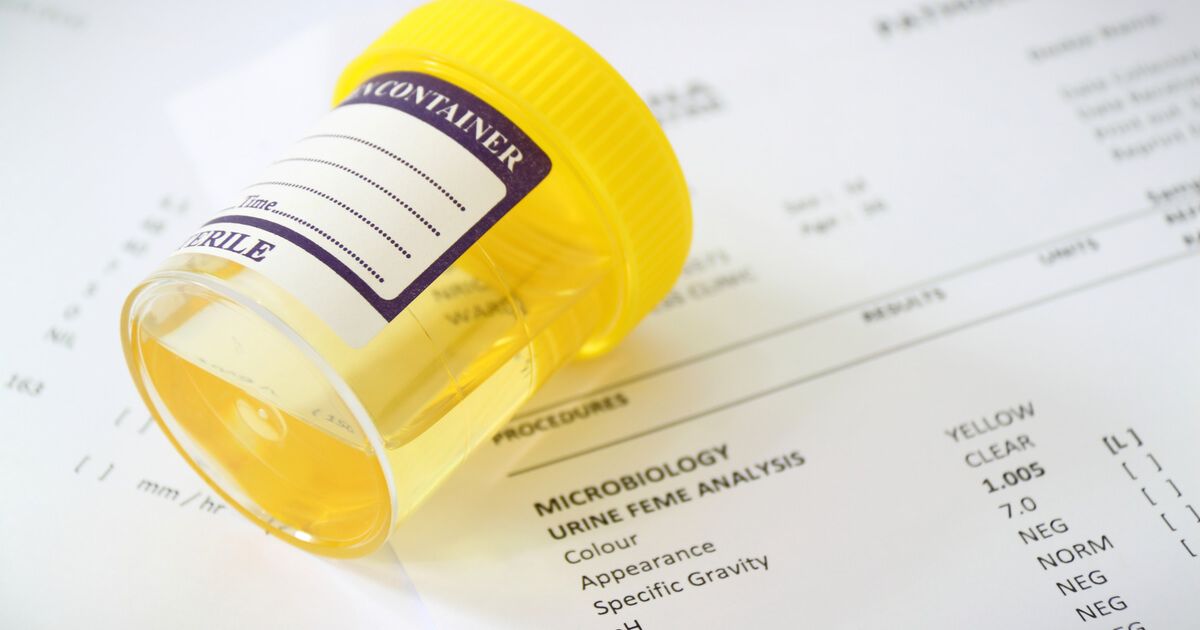How long does crack stay in urine? Crack, which is also called “crack cocaine,” is a very addicting stimulant drug made from cocaine powder. It is turned into a rock crystal form that can be smoked and immediately gives you a solid high. You have to heat and breathe in its fumes to smoke crack. This method lets the drug quickly reach the brain, where it has a substantial effect.
Page Contents
Health Risks and Addiction
When people abuse cocaine for a long time, whether it’s powder cocaine or crack, it can hurt their bodies and minds. Heavy crack cocaine users can face many health risks and drug issues when they use it over and over again. People who smoke crack often use the drug more than once because the high is so strong and only lasts a short time. This raises the risk of becoming addicted. But it’s important to remember that any amount of cocaine use can lead to addiction because everyone is different.
Differences Between Crack and Powdered Cocaine
Crack cocaine comes in a different form and is used in a different way than powdered cocaine. Crack is specially made to be smoked, while powdered cocaine is usually sniffed or injected. Smoking crack gives you a more robust and faster high than snorting powdered cocaine, which makes it more likely that you will keep using it and become addicted. Crack cocaine is also often less expensive than powdered cocaine, which makes it easier for people to get if they want a potent drug that won’t break the bank.
Seeking Professional Help for Crack Abuse.
When it comes to crack abuse, getting help from a professional is necessary to get better. Some ways to treat crack cocaine abuse are therapy, counseling, medication-assisted treatment, and support groups. These all-around methods deal with the mental, physical, and behavioral parts of addiction. When someone is addicted to crack, they often abuse other drugs, too. A complete treatment plan can deal with all of these problems at the same time.
Why do people take drug tests?
Drug tests are helpful in many ways. Plenty of companies make it possible for employees to take drug tests to see if they are hooked on any drugs. Most of the time, these tests look for drugs like weed, crack, heroin, and others. Employers won’t even try to hire someone who is addicted to drugs, especially illegal ones.
A straightforward way to check for drug use is with a urine test, which is what most companies will choose. They also look for painkillers that a doctor prescribes. These tests can tell if you are taking the right amount of drugs or taking more than you should. A common sign of abuse is taking more drugs than your doctor tells you to.
Because drugs are flushed out of the body too quickly, saliva and blood tests are less accurate. Hair follicle tests aren’t used as often as pee tests, but they are sometimes used. During a drug test, you will have to pee into a cup until about one to two ounces of urine are taken.
A monitor may be there to ensure you don’t trade your urine sample for someone else’s.
Drug tests are also sometimes used for investigative purposes. For example, if you are suspected of a crime and the police want to know if you were high at the time, they may do a drug test.
How long does crack stay in urine
Crack cocaine can be found in urine up to three days after the last use. However, this time frame could be pushed back to three weeks for heavy users. This is why it’s so important to get help for a substance use issue if you or someone you care about has one.
Can you be tested for cocaine?
Drug tests are essential for finding people who use cocaine. There are different ways to test for cocaine, such as urine studies. Urine drug tests are often used to find people who have recently used drugs like cocaine. The time it takes to find cocaine in urine is usually between one and four days, but heavy users may test positive for up to two weeks
Factors Affecting Cocaine Detection.
Several things can change how long cocaine stays detectable in the urine. Some factors that can alter the discovery window include the quantity of cocaine used. The frequency of abuse and the method of administration (snorting, smoking, or injecting). Cocaine metabolism, weight, urine pH, and liver or kidney damage can all have an impact on how long the drug remains in the body and is detected in urine.
Testing Methodologies
Testing for cocaine in urine is a regular and pretty accurate way to find it. That being said, other tests, like blood, saliva, and hair tests, can also be used to find cocaine.
Most of the time, cocaine and its byproducts can be found in blood tests up to two days after the last use. Saliva tests can also find traces of cocaine for up to two days. Hair testing, on the other hand, can find evidence of cocaine use months or even years after the last use based on several factors.
Ensuring Accurate Results
One of the main goals of drug tests is to find cocaine in the body. Cross-reactivity with other drugs is seldom seen, and false-positive results for cocaine on drug screens are sporadic. If you get a good result that you didn’t expect, you should do more tests to ensure there weren’t any mistakes with the sample or how it was handled.
Seeking Professional Help
Help and guidance from professionals should be sought if you are worried about cocaine use. Addiction experts like those at Achieve Wellness & Recovery can help people who are addicted to cocaine by giving them advice, support, and the right kind of care.
- Also learn
- What to eat with braces the first week



